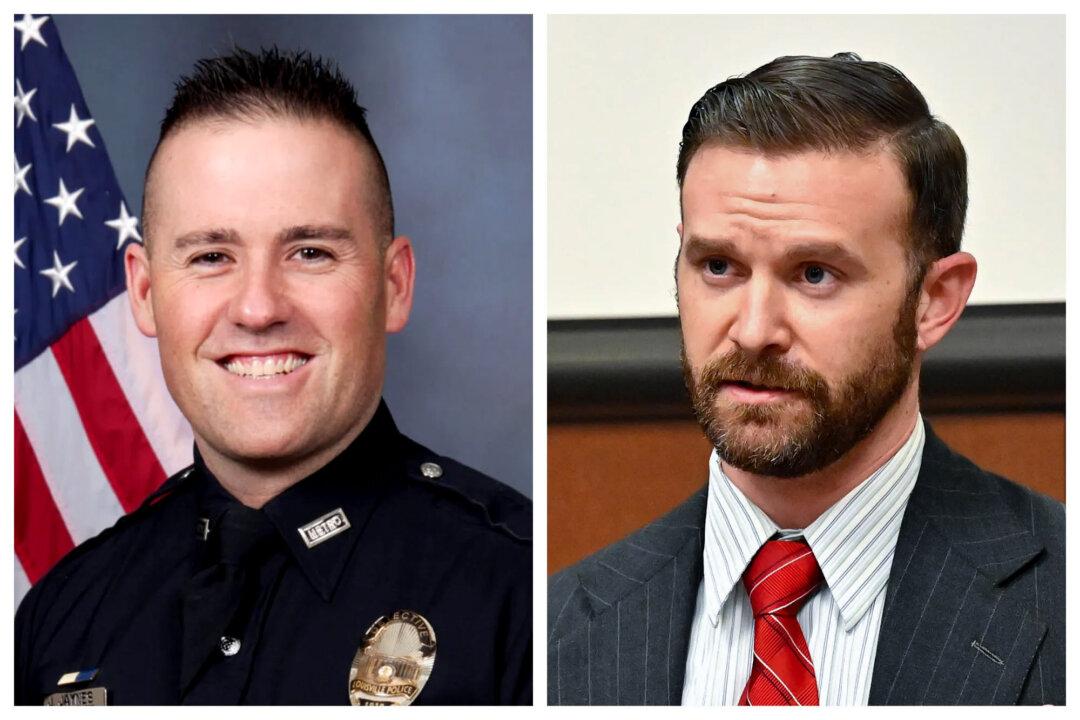A federal judge has dismissed the most serious charges against two former Louisville police officers accused of falsifying the search warrant that contributed to the fatal shooting of Louisville resident Breonna Taylor in her apartment in 2020.
U.S. District Judge Charles Simpson ruled on Aug. 22 to eliminate a key part of count one of the indictments against former Louisville Police Detective Joshua Jaynes and Louisville Sgt. Kyle Meany, which accused them of depriving Taylor of her constitutional protections against unreasonable search—Deprivation of Rights Under Color of Law (18 U.S.C. Section 242)—with an enhancement alleging the use of a dangerous weapon causing death.





